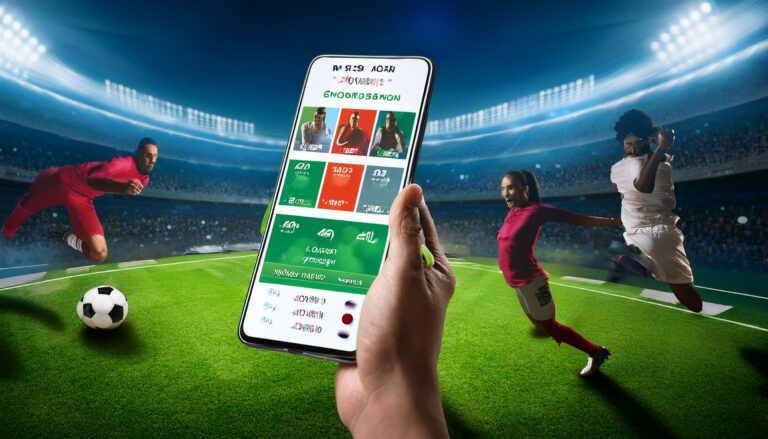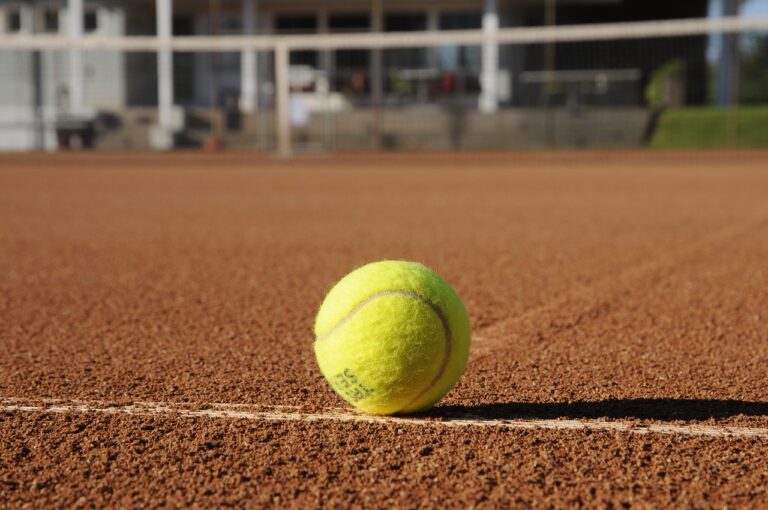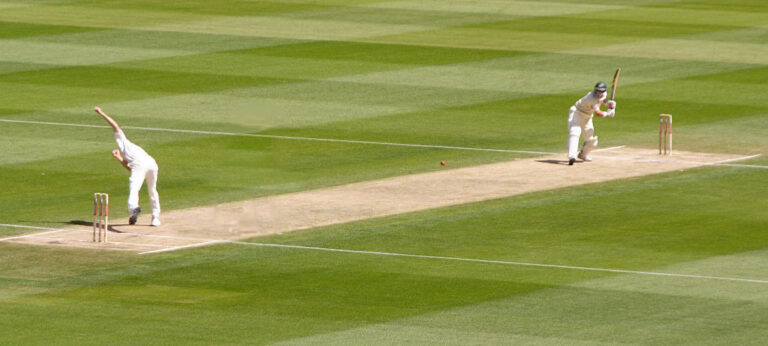The Importance of Video Analysis in IPL Coaching
all panal.com, get cricket id, gold 365:In the hyper-competitive world of cricket, every small advantage can make a significant difference. This is where video analysis comes in, especially in the context of Indian Premier League (IPL) coaching. Video analysis has become an integral tool for coaches and players alike to improve their performance and gain a competitive edge.
Let’s delve into why video analysis is crucial in IPL coaching:
1. Understanding Opponents
One of the primary benefits of video analysis in IPL coaching is the ability to study and understand opponents. By analyzing videos of the opposing teams, coaches can identify their strengths and weaknesses, strategies, and key players. This information is invaluable in devising game plans and making strategic decisions.
2. Player Performance Evaluation
Video analysis allows coaches to closely monitor individual player performance. By analyzing footage of players during practice sessions and matches, coaches can identify areas for improvement, correct technical flaws, and enhance overall performance. This personalized feedback is essential for players to grow and excel in their game.
3. Tactical Insights
Video analysis provides coaches with tactical insights into the game. By reviewing past matches and analyzing gameplay footage, coaches can identify patterns, trends, and strategic moves. This information helps in devising effective game plans, making tactical adjustments, and maximizing team performance on the field.
4. Enhancing Training Sessions
Video analysis is a powerful tool for enhancing training sessions. By recording and reviewing training drills and sessions, coaches can provide feedback to players, identify areas for improvement, and track progress over time. This helps in fine-tuning skills, developing strategies, and preparing players for the challenges of IPL matches.
5. Communication and Feedback
Video analysis facilitates effective communication and feedback between coaches and players. Coaches can use video footage to illustrate key points, demonstrate techniques, and provide visual examples to players. This visual feedback is highly effective in conveying information, reinforcing learning, and improving player understanding.
6. Injury Prevention and Rehabilitation
Video analysis is also instrumental in injury prevention and rehabilitation. By analyzing footage of players’ movements and techniques, coaches and medical staff can identify potential risk factors, correct biomechanical issues, and design targeted rehabilitation programs. This proactive approach helps in preventing injuries and ensuring player fitness and longevity.
FAQs
1. How often should video analysis be used in IPL coaching?
Video analysis should be used regularly in IPL coaching, ideally before and after matches, during training sessions, and for individual player evaluations. Consistent use of video analysis allows coaches to track progress, identify trends, and make informed decisions.
2. What types of software are used for video analysis in IPL coaching?
There are several software options available for video analysis in IPL coaching, ranging from basic tools for recording and playback to advanced programs with features like tagging, annotation, and statistical analysis. Some popular software used in IPL coaching include Sportscode, Dartfish, and Nacsport.
3. Can players benefit from video analysis in IPL coaching?
Yes, players can benefit significantly from video analysis in IPL coaching. By reviewing footage of their performances, players can gain valuable insights, identify areas for improvement, and learn from their mistakes. Video analysis helps players enhance their skills, tactics, and overall game understanding.
In conclusion, video analysis plays a pivotal role in IPL coaching by providing valuable insights, enhancing performance, and gaining a competitive edge. Coaches and players alike can benefit from the wealth of information and feedback that video analysis offers, making it an indispensable tool in the modern era of cricket coaching.







